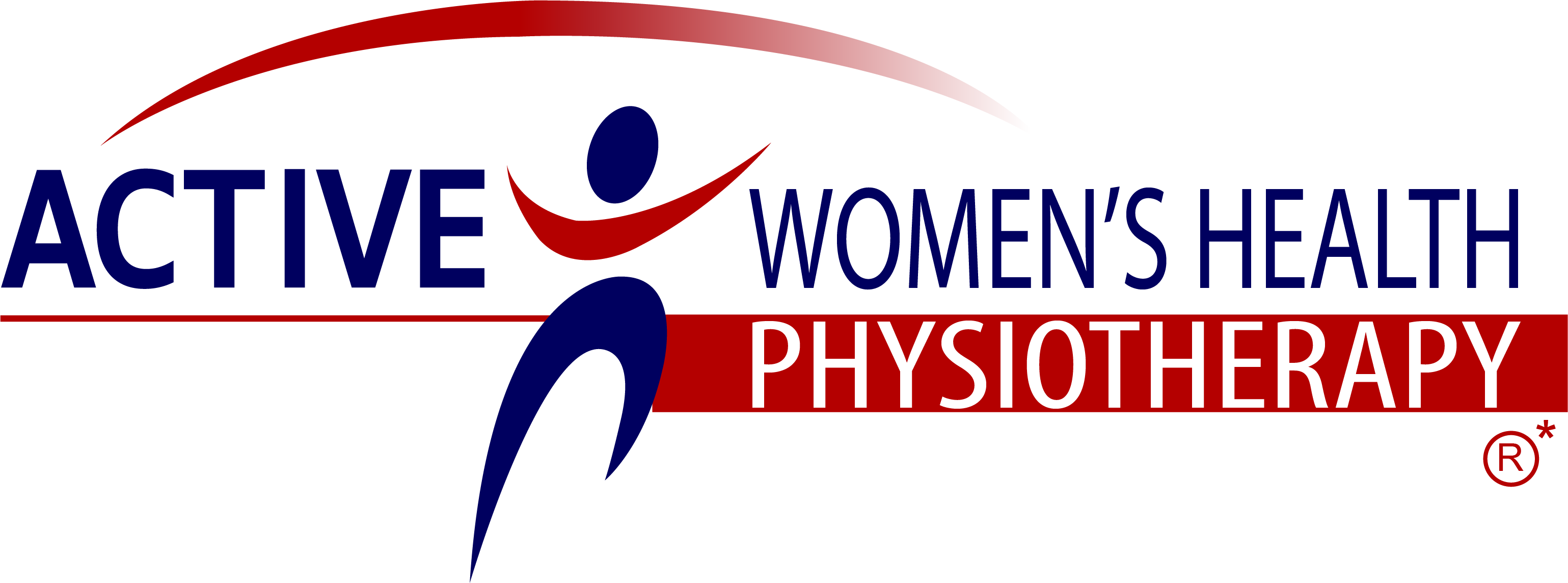FEMALE SEXUAL DYSFUNCTION

Female sexual dysfunction may be due to generalised pelvic pain, specific vaginal discomfort (skin issues such as Lichen Sclerosus, dermatitis, vaginal atrophy due to a lack of oestrogen – now called GSM Genito-urinary Symptoms of Menopause); vulvodynia, vaginismus (now coming under the term Genito-pelvic pain/penetration disorder); lack of interest/ lack of libido/ lack of lubrication; an inability to achieve orgasm or decreased sensation with orgasm; PGAD Persistent Genital Arousal Disorder; awareness of looseness in the vagina following vaginal birth (either real or perceived which can be sometimes generated from over-reading forums on Facebook despite what positive feedback the woman’s partner may give) or overactive pelvic floor muscles where there may be tender points within the muscles or a non-relaxing pelvic floor. Adverse childhood experiences or sexual assault can also result infemale sexual dysfunction.
If young girls suffer with pain with every period from the age of menarche (which may be as young as 12) there can be a very sensitized nervous system and an overactive pelvic floor by the time they become sexually active. There can even be pain with first attempts at using a tampon or with the first speculum check from a GP or gynaecologist. Strong religious beliefs and negative feedback from friends and close family about expectations of sexual intercourse can ‘taint’ a woman’s expectation about sexual encounters. Receiving evidence-based education about how to manage these problems can prevent negative experiences both sexually and even with an examination from a health professional.
Evidence-based education is the first pillar of managing female sexual dysfunction followed by an examination of the pelvic floor muscles (with informed consent if an internal examination). Screening questionnaires may be used following the first subjective examination with the patient (listening to their story) to target the appropriate treatment strategy to help you. You will hear about the importance of not using language which can amplify pain associated with sexual intimacy.
All our physiotherapists are very respectful of the personal nature of discussing sexual issues and will listen and structure your treatment programme according to your comfort in discussing this very private area. And always remember privacy is paramount at our practice and if you give consent for an internal examination, you can always withdraw that consent at any time and your physiotherapist will stop the examination immediately.
Should COVID restrictions suddenly change, or you are unwell on the day of your appointment or you are not in Brisbane and are unable to attend the rooms, you can book a one-on-one ‘Telehealth’ consultation. Either a face-to-face appointment or a Telehealth appointment takes up to 1.5 hours with education a key component of the initial appointment. Your physiotherapist may suggest vaginal dilators (a treatment modality used for graded exposure to having something in the vagina and also to massage muscle tightness in the pelvic floor muscles) and these are availble to purchase at the rooms for an extra cost on top of the consultation.
Sexual dysfunction problems respond well to strategies such as yoga, breath awareness and general body relaxation and so to help this we have a special class to help with pelvic floor muscle down-training, body scanning relaxation and breathing exercises. In these stressful times, we have found these classes very useful in learning how to deal with the sudden dramatic changes in your work, health and family situation. Anxiety builds as the changes hit your financial, physical and mental well-being and so even if you don’t have persistent pain, but rather generalised anxiety, I would recommend trying this class. It is conducted by a pelvic health physiotherapist via a zoom link into your very own living room. We call it ‘Hatha and Yin Yoga for Pelvic Health’.
Whether you live with persistent pain from migraines, endometriosis, overactive pelvic pain (which can be manifested in sexual dysfunction for both women and men) or low back pain, this class will provide self-healing strategies such as stretches to help nerves slide and glide; take you through full body relaxation allowing tense muscles to down-train and soften; there will be mindfulness and breath awareness and generally reinstating a sense of calm in your body.
Join us for the group class at 6.15pm on Monday nights. Click on the link on this page.


